My Tik Tok Addiction
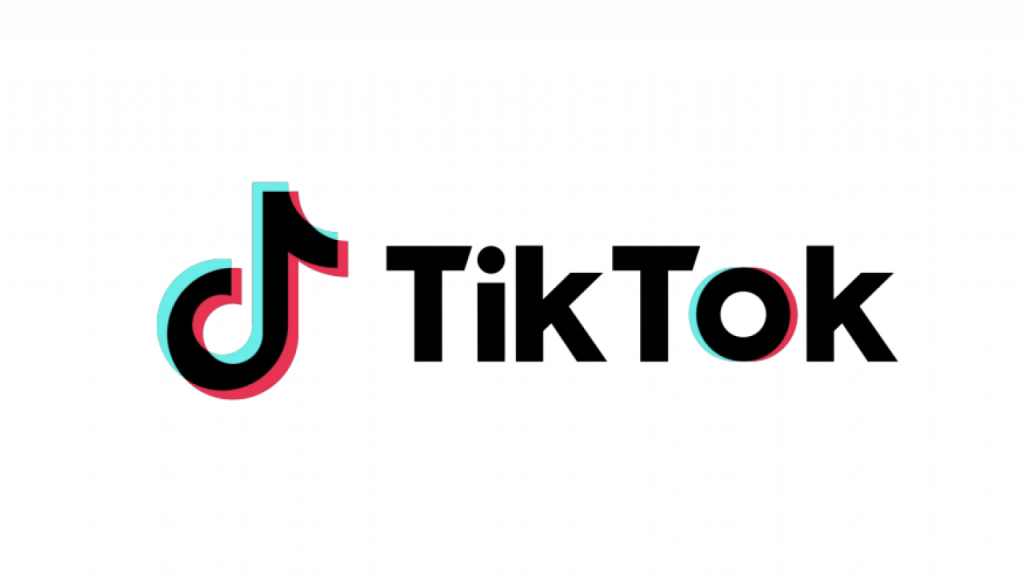
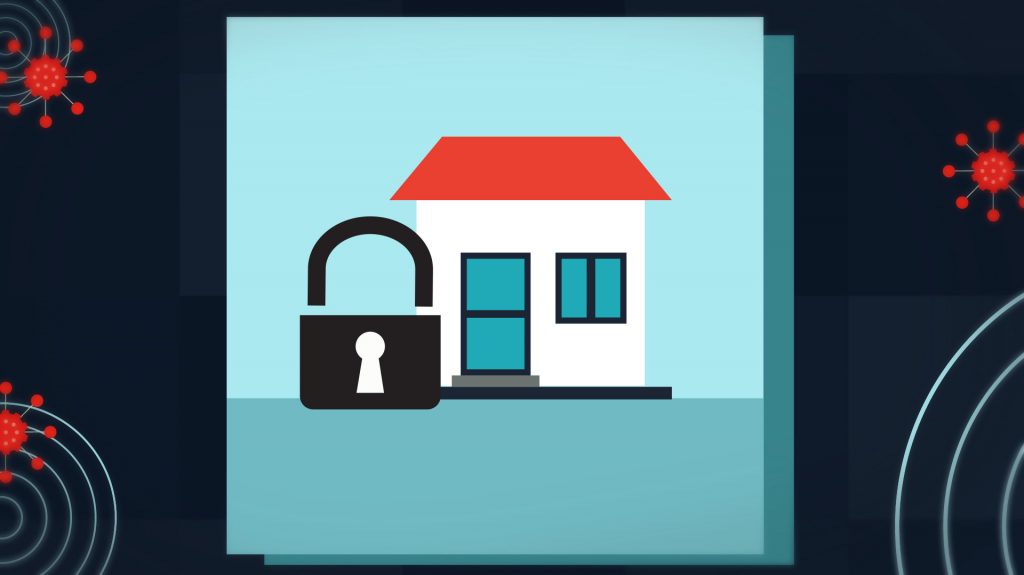
Last week, I had to self-isolate in my bedroom while I awaited a COVID 19 test result. I had great intentions; I was going to finish my book, watch some movies I had been meaning to watch for a while, write this blog, get some work-related stuff done and do some workouts in my room. Haha, nice try.
Reality truly hit me when I decided to check my screen time on my phone at the end of day one. My daily average prior to self-isolating was a mere 3 hours and 30 minutes per day – not bad in my books to be honest. However, after one day of self-isolating, my daily screen time had sky rocketed to 8 hours and 40 minutes! I decided to delve deeper and to absolutely no surprise, in 1st place, the app that stole the most precious time from me was of course, Tik Tok.
I have owned a smartphone for years at this point and I have never wasted so much time on any other app (Instagram comes in at a close second place, but that’s a story for another day). After speaking to friends and family, they seem to be discovering the same problem with the app. You can open it with the intention of taking a 5-minute break from work and end up falling into two-hour binges of watching Charli D’amelio dances and pasta recipes.
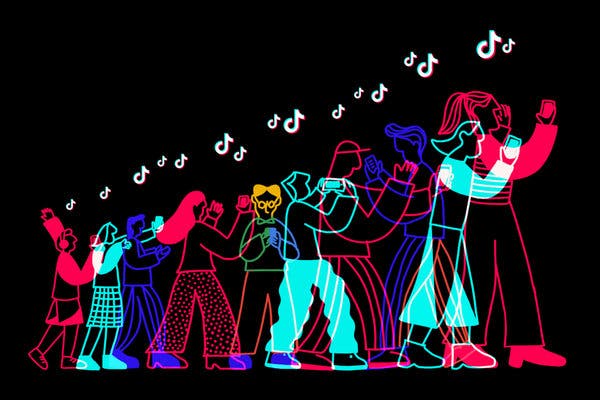
For any of you who don’t know what I am talking about, Tik Tok is an app whereby users can film themselves and make short 15-second-long videos and post them to a viral audience. The app contains many features such as the use of songs in the videos, an array of filters and video trimming which allows users to freely edit their videos within the app. Tik Tok went viral worldwide at the beginning of 2020 and millions of young people find themselves experiencing the same phenomenon I am right now – a Tik Tok addiction.
So, why Tik Tok?
There are many psychological underpinnings as to why we are addicted to Tik Tok. As a young adult, our brains are still molding and shaping themselves. In fact, research has suggested that our brains aren’t fully developed until our mid 20’s or even early 30’s. During this precious developmental period, our brains are extremely impressionable. Tik Tok essentially works by overstimulating our reward centre in our brain.
In the brain, we have two areas of emotional intelligence. In simple terms, these are called the emotional brain and the thinking brain. The emotional brain is – as you can guess – responsible for our emotions and the way we feel when something happens to us.
The emotional brain is very old and was the main brain area used by the very first humans on earth as it helped them to survive. They were conditioned by a process of delayed gratification within the emotional brain. To put it simply, delayed gratification is what happens in the brain when we have to wait for what we want. For example, if they wanted food, they had to hunt.

Once they had hunted, cooked and ate their meal, their brains would then give them a little reward for their hard work – a dopamine hit. This was the brain’s way of reinforcing the behavior so that next time, they would be conditioned to repeat the behavior in order to feel that lovely, warm feeling in your tummy that dopamine provides.
However, for Gen Z, who have been raised in an era where the internet is widely accessible. “Good things come to those who wait” doesn’t exactly apply because instantaneous access to any information is available at the tips of their fingers. The lovely warm feeling of dopamine through delayed gratification is now instant, and the brain gets used to this. As a result, the brain is now conditioned to expect instant rewards, and does not want to do any work to get them.
Tik Tok ultimately provides its users with instant gratification more than any other app. The nature of the app shows us short clips of videos that are chosen through an algorithm based on what we like to watch on our phones. Because the videos are so short and in such plentiful supply, it becomes easy to spend hours receiving little dopamine rewards every couple of seconds.
So I don’t have to work hard to receive rewards in my brain. Is this really a bad thing?
Unfortunately, the answer is yes. Research has suggested that growing up in a heavily digital era could be rewiring our brains in a negative way over time. People who are more engaged with their mobile devices have been found to have a stronger tendency to disregard the importance of future rewards and have higher levels of impatience. As a result, we are looking at an entire generation of impatient people who are going to have difficulty planning for their futures. Instant gratification also has links to increased risk behaviours such as drug and alcohol use.
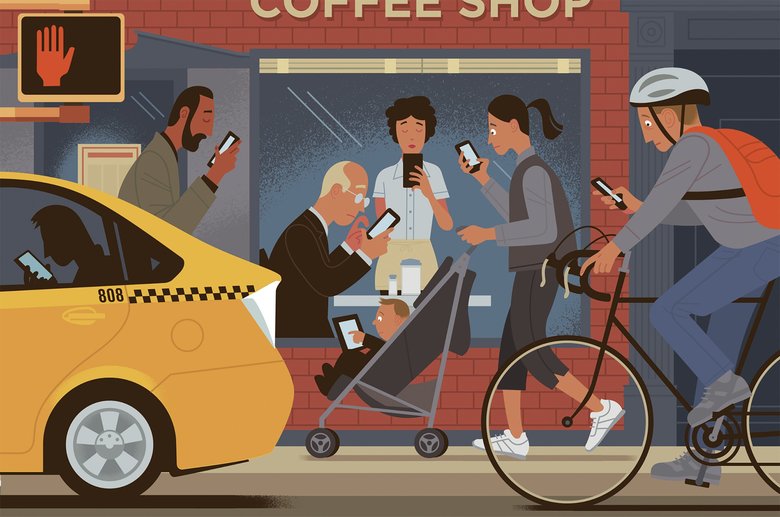
Furthermore, apps such as Tik Tok can have a detrimental effect on the mind’s ability to focus. If you have a Tik Tok addiction like myself, you know how difficult it is to sit on your computer trying to do work without picking up your phone to check the app. The same rule applies for Instagram, Facebook, Twitter, LinkedIn etc. This is because our brains are conditioned to associate Tik Tok with an instant reward, and working on computers is associated with a delayed reward. The mere sight of the phone on the desk beside you can trigger this, and before you know it an hour has passed watching Kourtney Kardasian impressionists. This can have severe negative effects on productivity and work ethic over time.
So what is the take home message?
Overuse of apps such as Tik Tok can have a detrimental effect on our mental health and can alter our levels of productivity, patience and willingness to part-take in risky behaviours. We must therefore, attempt to manage our usage of the app better.
There are many ways we can try to manage our usage better on a day to day basis. On iOS, under the Screen Time settings, it gives you an option to set time limits for certain apps. Also, there is an app called FocusLock that allows users to delete their downloaded apps from their phones for a designated amount of time and will automatically re-download them without losing any data once the timer has passed. If this approach is too extreme for you, you could also try the app Forest. This app allows you to plant virtual “productivity” trees. This one is fantastic for those in college or working from home, as the premise is you plant a tree and pick how long you wish to be productive. The tree then grows while you study/work and if you leave the app, the tree dies. In college, my friends and I used to base how long we spent studying off how many trees we had grown with our app, so it’s fantastic if you have friends or family around who are in the same boat as you to keep you accountable.
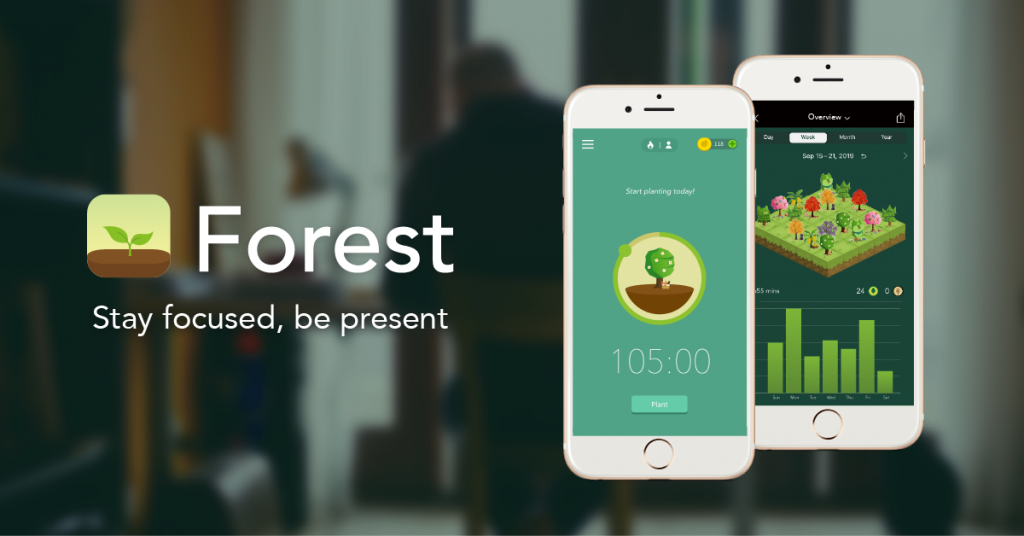
However, if you are reading this and still feel the urge to pick up the app and scroll through a few more Irish Mammy impressions, you are not alone! Admitting you have a problem is the first step to recovery, right?
Yours Sincerely,
The Motus Movement.